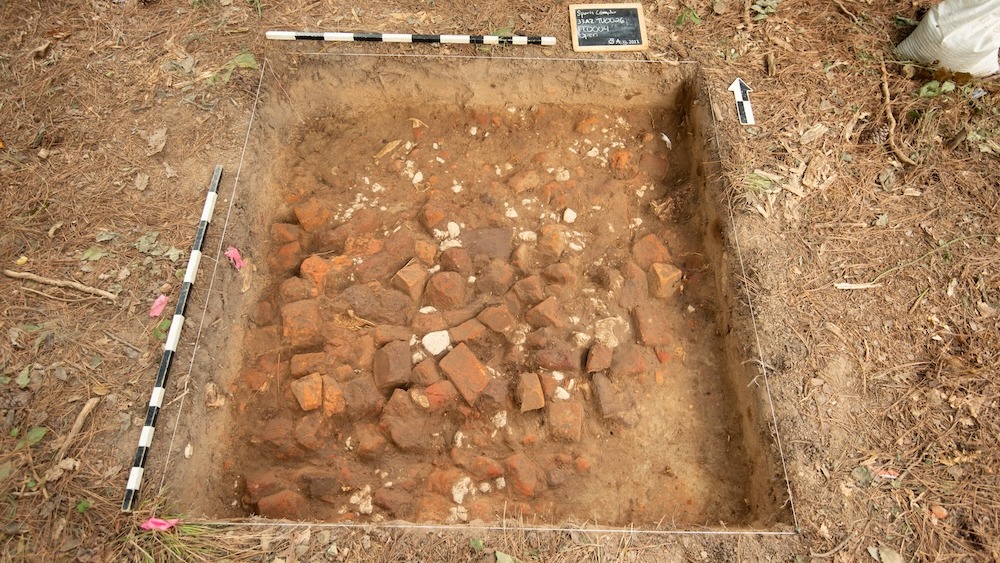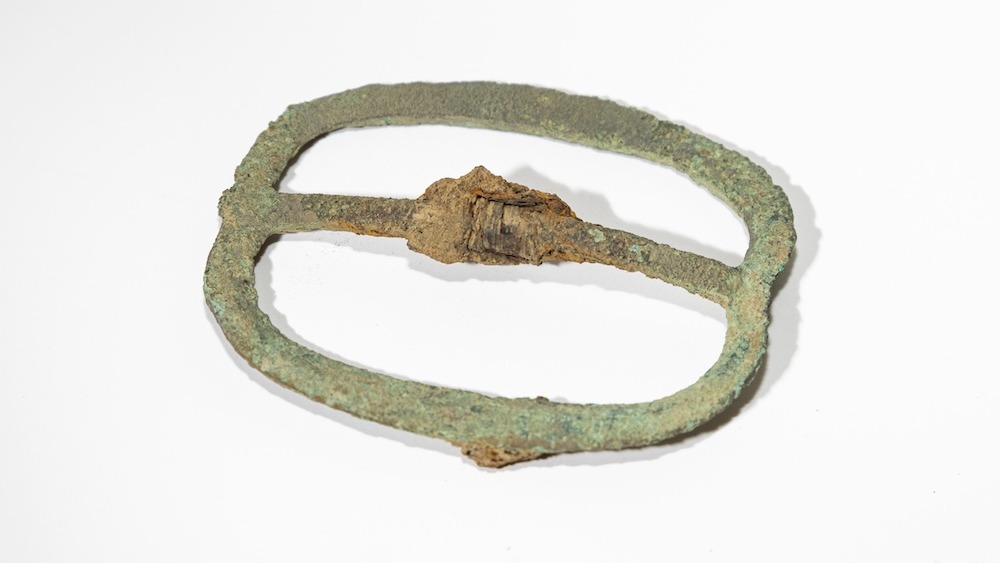Revolutionary War barracks burned by the British discovered in Colonial Williamsburg
Ongoing excavations at the historical site in Virginia have revealed the remnants of military barracks dating to the Revolutionary War.

Archaeologists in Colonial Williamsburg have discovered the remains of barracks along with artifacts, including chewed on lead bullets, dating back to the Revolutionary War.
Eighteenth-century maps of the site, which is located in eastern Virginia, and other historical documents give evidence that military housing existed near what is now a visitor center. However, it wasn't until excavations began last year that researchers unearthed bricks, which would have been used to build the structures between 1776 and 1777, according to a Colonial Williamsburg statement.
The construction work would have coincided with the Revolutionary War, which lasted from 1775 to 1783. The site itself is roughly 3 to 4 acres (1.2 to 1.6 hectares) in size.

The barracks were large enough to house up to 2,000 soldiers and 100 horses. But the building was short-lived. In 1781, Charles Cornwallis, a general in the British army, and his troops are said to have set fire to the barracks as they traveled east to the Battle of Yorktown.
During excavations, researchers also unearthed a variety of artifacts, including gun hardware, ceramics and soldiers' personal adornments, such as a metal belt buckle and a glass button. They also found lead shot riddled with teeth marks. (Often soldiers would chew on the lead, since it tasted sweet.)
The excavation site is currently covered up to help preserve the artifacts during the construction of a sports complex nearby.
Sign up for the Live Science daily newsletter now
Get the world’s most fascinating discoveries delivered straight to your inbox.
Jennifer Nalewicki is former Live Science staff writer and Salt Lake City-based journalist whose work has been featured in The New York Times, Smithsonian Magazine, Scientific American, Popular Mechanics and more. She covers several science topics from planet Earth to paleontology and archaeology to health and culture. Prior to freelancing, Jennifer held an Editor role at Time Inc. Jennifer has a bachelor's degree in Journalism from The University of Texas at Austin.









